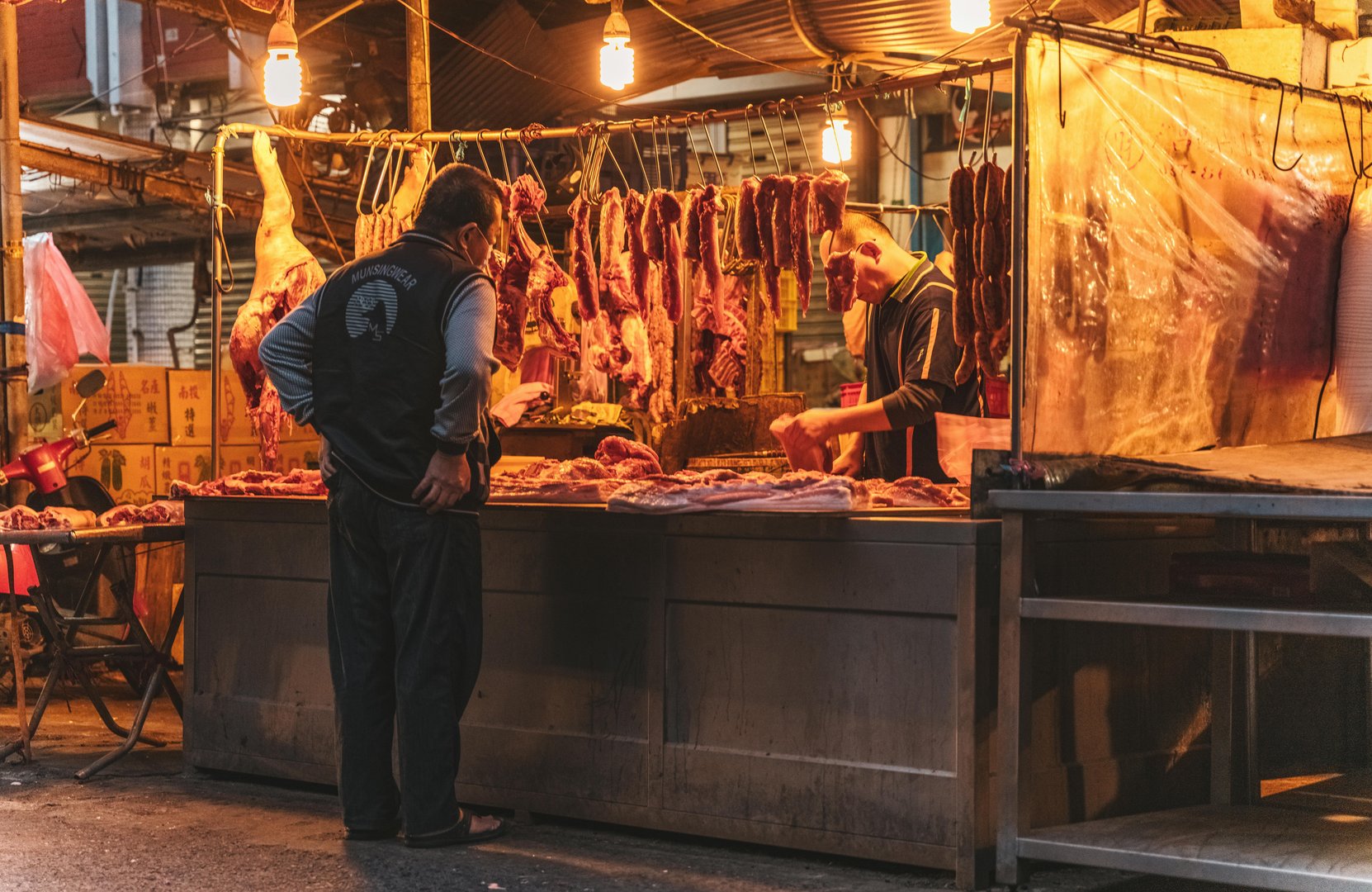A total of 30 kilograms of smuggled lamb meat was seized at the Ayios Dhometios crossing point by Turkish Cypriot police on Tuesday.
They explained on Wednesday that they had pulled a car over at around 4.30pm and conducted a search, finding the lamb meat inside.
The meat was seized and legal action has been taken against the car’s driver, a 38-year-old woman.
Cases of police in the north finding and seizing large quantities of meat smuggled from the Republic have been increasing in both frequency and volume in recent months.
Meat is drastically cheaper in the Republic than in the north, and as a result, Turkish Cypriot consumers have elected to buy their meat in the Republic and transport it, sometimes illegally, back to the north.
In March, Turkish Cypriot police found and seized almost two metric tonnes of beef from supermarkets in the Kyrenia district.
Two weeks prior, a man had received a fine for attempting to cross north at the Ayios Dhometios crossing point with 143kg of red meat, while a similar sting at the Pergamos crossing point and the nearby village of Lysi uncovered 140kg of beef smuggled from the Republic.
In a bid to stem the flow of smuggled meat northwards and to reduce the burden of cost on Turkish Cypriot consumers who do not buy their meat in the Republic, the north’s ‘government’ in April attempted to implement price controls for lamb meat.
They decreed that lamb be sold for no more than 550TL (€15.89) per kilogram, with butchers attempting to sell their meat for more than the stated price to be issued fines.
Butchers sidestepped the law, however, by introducing a “service fee” on top of the retail price of lamb. The fee typically ranged between 10 and 15 per cent of the retail price of the meat, thus effectively allowing butchers to charge more.
The situation had “shaken consumers’ trust not only in the relevant parties but also in the state’s authority”, opposition party CTP leader Tufan Erhurman had said.
“The result of this will be nothing but an acceleration of the southward shift of the economy in a country under normal circumstances like ours. Meanwhile, inequality increases even more, especially for those who don’t have the chance to move to the south,” he added.
He also likened the ‘government’s’ actions to “trying to pluck one’s eyebrows and taking out one’s eyes instead.”
Butchers have been aware of the “southward shift” Erhurman mentioned, however, having slaughtered two lambs in protest against their loss of custom in January.
They had demanded that the north’s ‘government’ “find a solution” to allow meat to be sold at a price range in line with prices in the Republic.
“We are currently seeing our own citizens travel to the south to do their shopping. This has brought vendors, who have been crushed under the weight of economic difficulties, to the point of bankruptcy, meaning they cannot cover basic expenses like their electricity bills or rent,” they said.
“We are throwing away meat we cannot sell because it stinks, and as a result animal slaughter has hit rock bottom,” they added, continuing that while the crisis is worsening, “the government is acting as if everything is rosy.”







Click here to change your cookie preferences